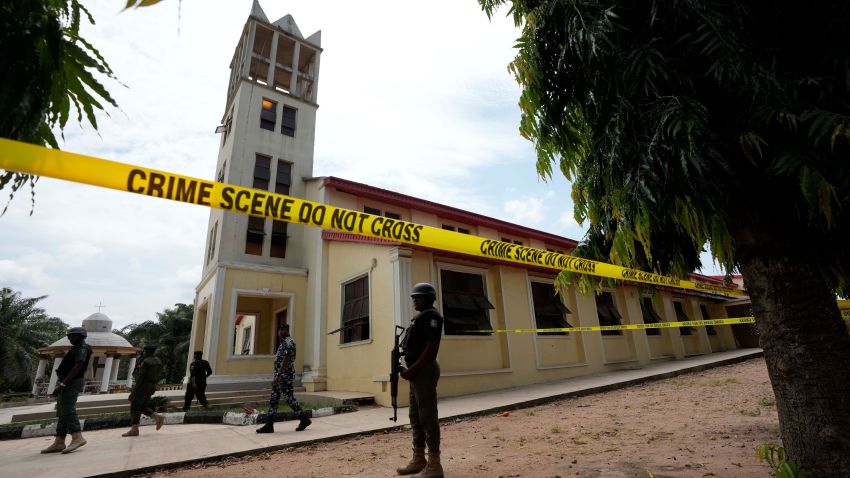With the race to determine outgoing President Muhammadu Buhari’s successor already underway, attention is intensely focused on Nigeria’s myriad challenges and the daunting task that lies ahead for the next president of Africa’s most populous country. Buhari, who is set to leave office in May 2023 after having served the constitutionally mandated two terms, has embarked on an early valedictory of sorts, making the media rounds at home and undertaking what essentially amount to farewell trips abroad in recent months.
He has used the attention to burnish his image ahead of leaving office. In June, Buhari told Bloomberg that he will leave Nigeria “in a far better place than we found it.” But his claim is at odds with the prevailing situation across the country, with Buhari’s seven years in office having been characterized by weak economic growth and stubbornly high unemployment rates; record numbers of children—mainly girls—out of school; and a failed anti-corruption fight, which was one of the central planks of his successful 2015 presidential campaign. But perhaps his most glaring and alarming failure is the country’s deteriorating security outlook, which increasingly threatens national cohesion and regional stability.
Several high-profile violent attacks in as many months have brought Nigeria’s security crisis into sharper focus, while also attracting the attention of a broader international audience. These include an attack on the Abuja-Kaduna train line in March that saw tens of people killed and scores more kidnapped; a mass shooting and bomb attack in a Catholic church in the country’s southwest in June; and a series of prison breaks, including one—from the medium-security Kuje prison—in Abuja, the country’s capital, in early July. With the 2023 general election drawing closer, Nigeria’s security and stability is certain to be a salient campaign issue, one that could significantly impact electoral outcomes.

